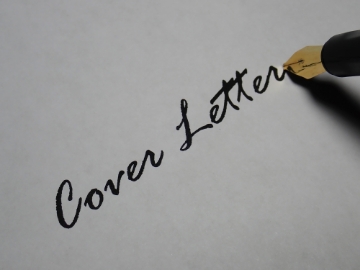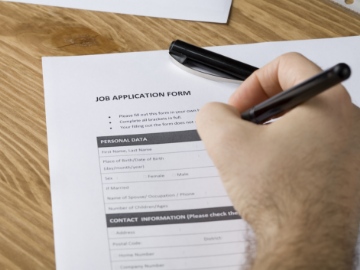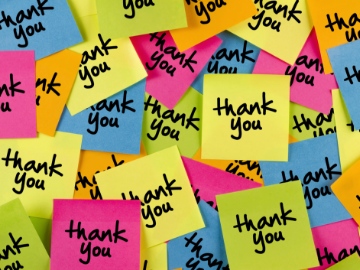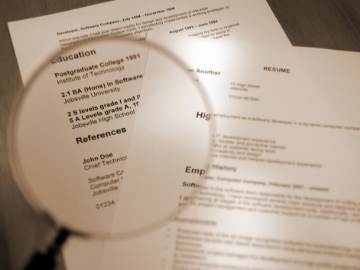Once you've written your resume and cover letter, it is time to send them off to an employer. You attach them to an email, inform the hiring manager that the application materials are attached, and write a basic subject line before sending it off. All good, right?
Your cover letter is one of the first things your potential future employer sees. It provides a more personal profile to illustrate why you'd be a good fit for a role.
Job hunting can be a challenging task. First-time job searchers may have a hard time finding their way around the job application process. But having a good resume can make it easier. It's even better when you get to know the resume process.
After a job interview, it's very common that the worries and jitters start kicking in. You begin overthinking the words you said and over-read the interviewer's tone and choice of words from your memory.
Job hunting today is a long process for most people. It involves many applications and interviews that don't even guarantee a job offer in the end.
When building a resume, it's critical that you only include what's relevant. Most employers won't pay attention to things like GPA or menial personal achievements.
There seem to be many different ways to mess up cover letters, and so many questions to ask. Is your cover letter formal or casual enough? Is it too long or too short?
The gesture of saying "thank you" or showing gratitude is a common courtesy in people. These two words are easy to say and can make somebody's day.








